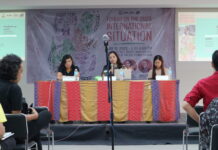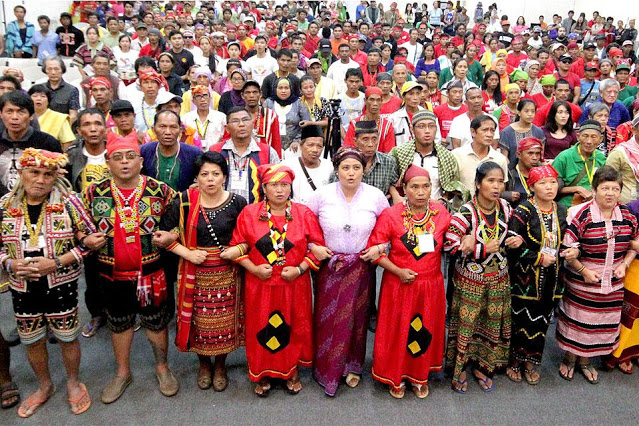Much of Baguio as we know today belonged to an Ibaloi herdsman by the name of Mateo Cariño. This includes the areas covering John Hay, Rizal Park, and other domains inside the current Central Business district and some in the City’s outskirts. The land was a Rancheria known as “Kafagway” which served as the residence of the Cariño clan and the rest of the Ibaloi community.
Shortly after the Treaty of Paris which ended Spain’s dominion over the Philippines, the Americans came up to Baguio and took possession of land disregarding any claim of ownership from its settlers. Among the properties taken were those belonging to Cariño as a form of retaliation for providing refuge to Emilio Aguinaldo as he was being pursued by the Americans.
On the 23d of June 1903, Cariño filed a petition in the Court of Land Registration praying that there be granted to him title to a vast tract of land consisting of 146 hectares situated in the town of Baguio, Province of Benguet, together with a house erected thereon and constructed of wood and roofed with rimo.
The lower court and the Philippine Supreme Court, which is still under American control, denied said petition. Justice Charles Willard, who penned the majority opinion, argued that Cariño could not have owned the land because the Spaniards had failed to convert the Igorots to Christianity, which meant they were considered “uncivilized” and therefore could not have availed of laws on land ownership.
Under the express provisions of law, a parcel of land, being of common origin, presumptively belonged to the State during its sovereignty, and, in order to perfect the legitimate acquisition of such land by private persons, it was necessary that the possession of the same pass from the State. And there is no evidence or proof of title of egresion of this land from the domain of the Spanish Government, nor is there any possessory information equivalent to title by composicion or under agreement. (G.R. No. 2869 Mateo Cariño vs. The Insular Government)
The case reached the United States Supreme court where Justice Oliver Wendell Holmes, one of the most widely cited United States Supreme Court justices in history, ruled in Cariño’s favor, in a decision promulgated on the 23rd of February, 1909. Holmes acknowledged the fact that Spain could not have granted land titles to Cariño for reasons mentioned by Willard. Nevertheless, he went on to recognize “Native Titles”. In simple terms, the Court upheld as valid a claim of land ownership hinged upon tribal custom and tribal recognition of ownership. “The land belonged to Cariño under the Igorot law. He had inherited it from his ancestors in accordance with the native customs and his title had never been questioned”; the Court further noted.
Under the Organic Act of July 1, 1902, c. 1369, 32 Stat. 691, property rights are to be administered for the benefit of the inhabitants, one who actually owned land for many years cannot be deprived of it for failure to comply with certain ceremonies prescribed either by the acts of the Philippine Commission or by Spanish law. This is the basic tenet upon which the concept of ownership via “Native Title” was founded.
The landmark decision gave rise to what is now known as the “Cariño Doctrine” and it has far reaching implications that benefited not only the Indigenous Peoples in the Philippines but also the native communities in the United States, Canada, New Zealand, Australia, and elsewhere. Courts around the globe continue to cite this jurisprudence in protecting the rights and interests of the original inhabitants of a certain territory. Though Cariño didn’t live to see the fruits of his remarkable fortitude, his bravery in daring to challenge the Americans brought hope for all Indigenous Peoples of the world who are struggling to regain ownership or seek recognition of lands that are rightfully theirs.
Sadly, many people in Baguio and in the Philippines know little about this heroic ordeal and its resultant victory. Throughout history and even in our present timeline, the Igorots have been instrumental in the country’s continuing journey towards nation building. Cariño’s story is just one of the many tales of Igorot valor that current and future generations should be aware of.


















